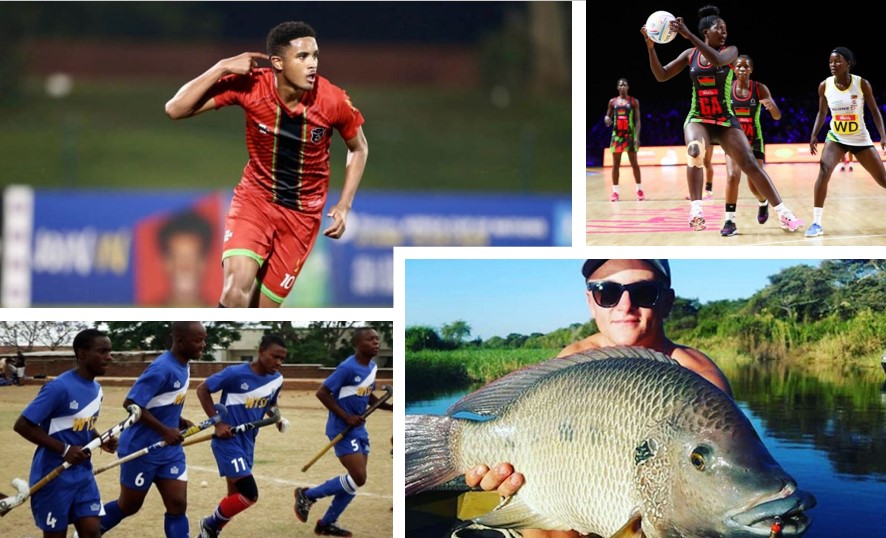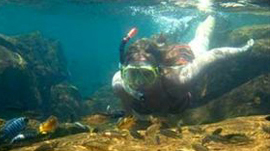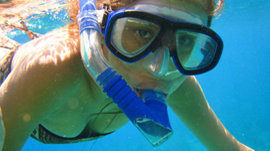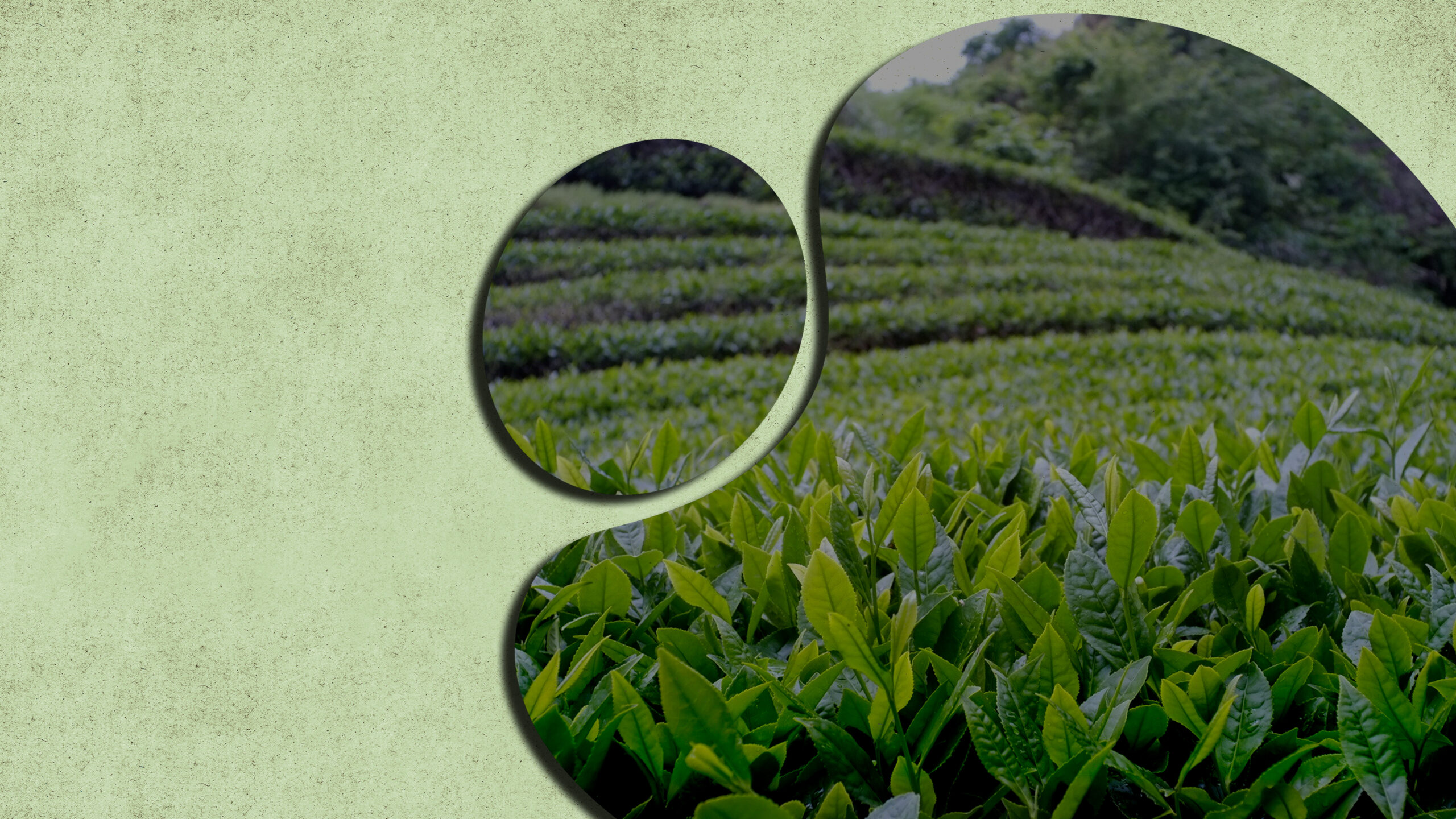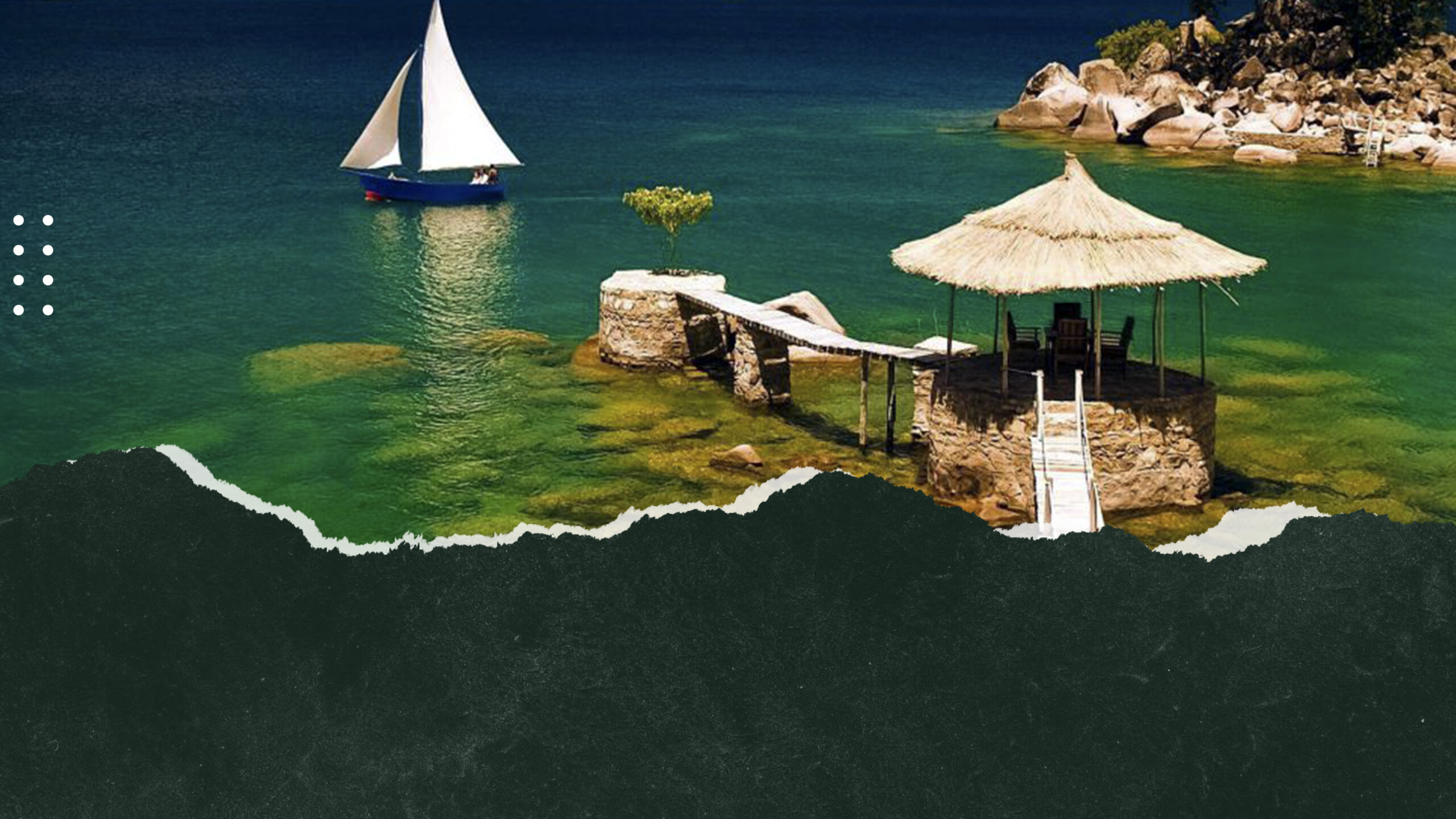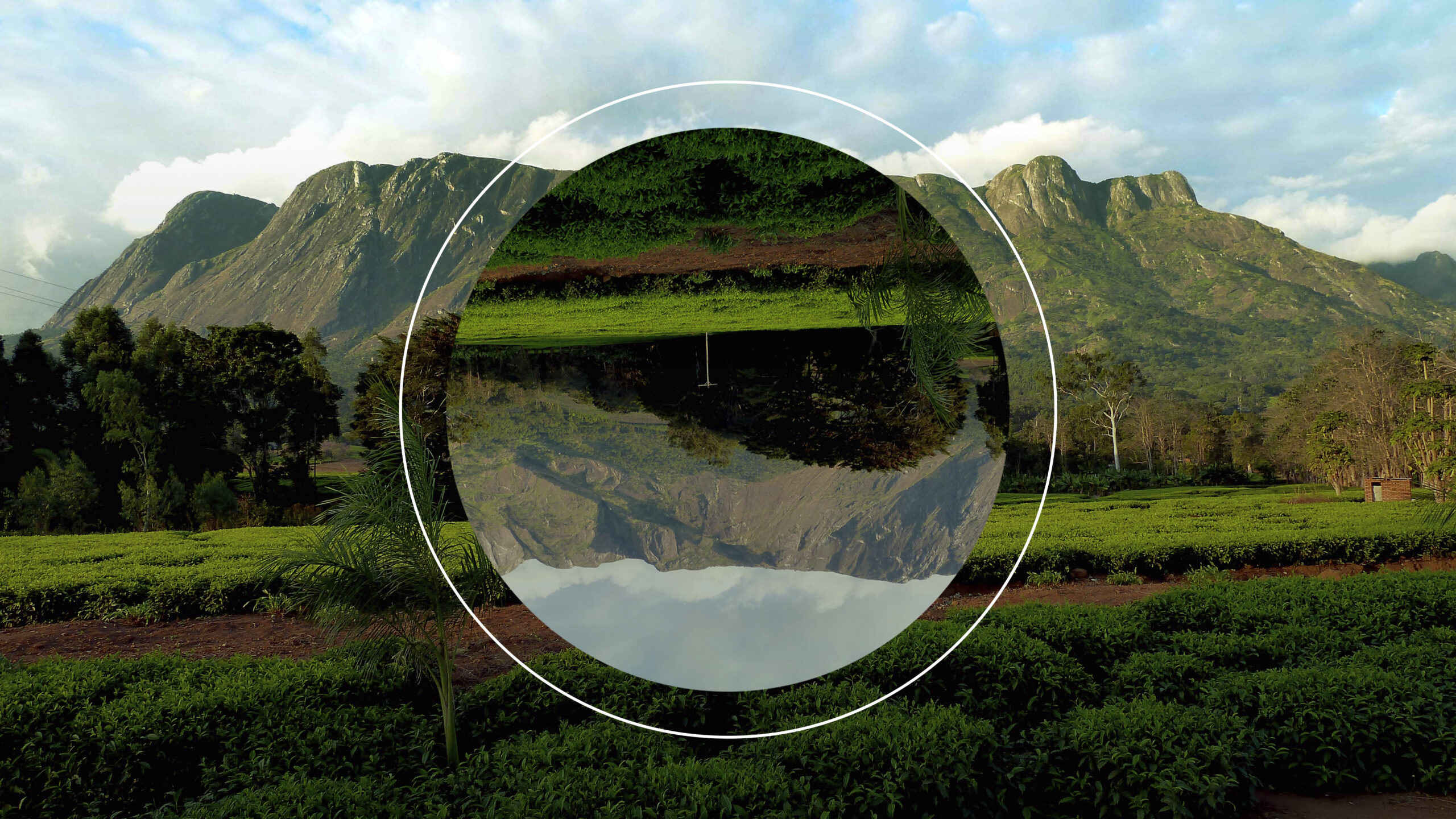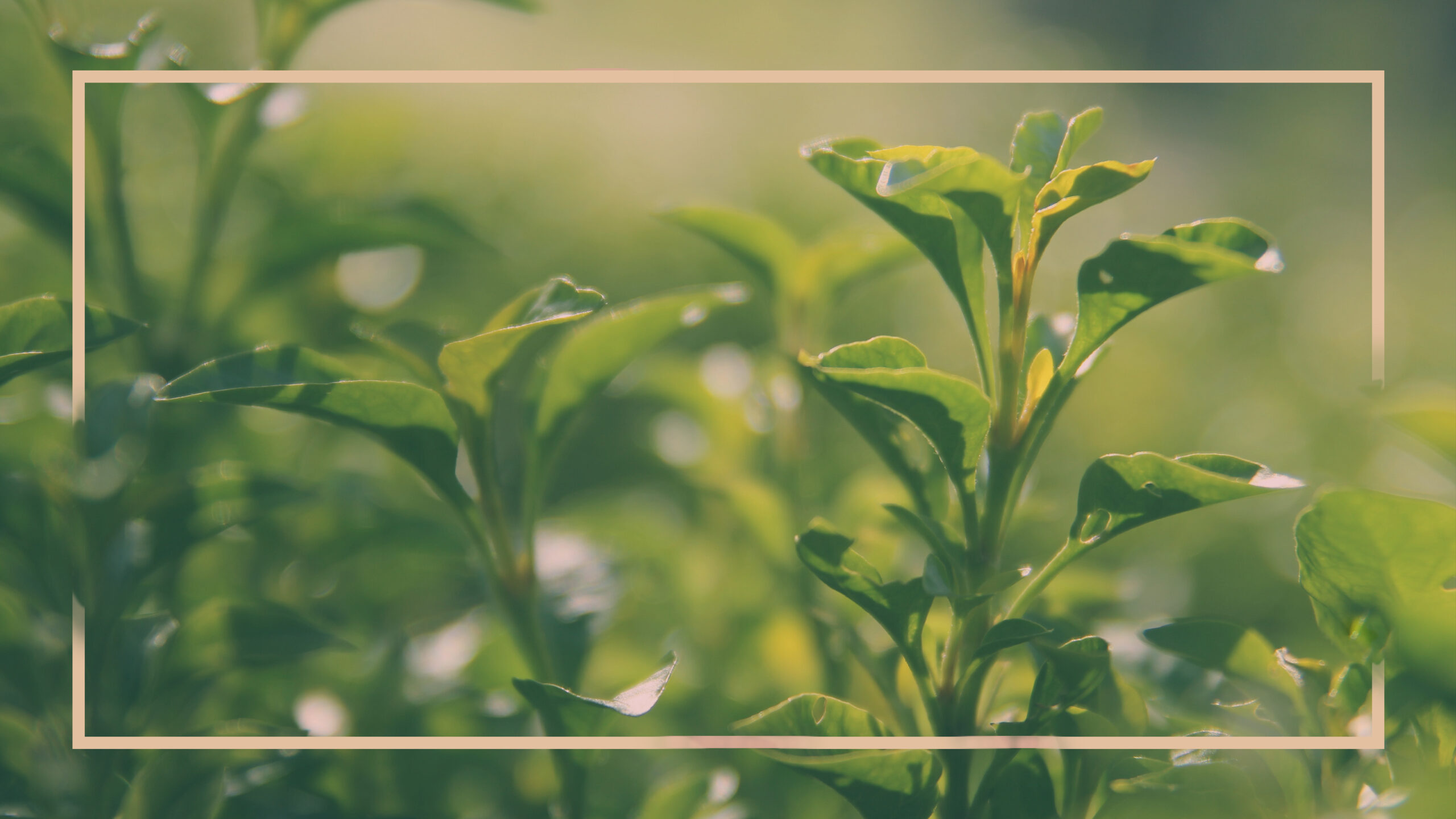USEFUL INFO - Sports & Activities
Facilities for swimming, golf, volleyball, tennis, squash, football, rugby, cricket and hockey are available in Blantyre, Lilongwe, Mzuzu and Zomba where there are sports clubs. The Gold Club offers many things and The Capital Hotel in Lilongwe operates a swimming and squash club with a limited membership. Majority of major hotels also offer leisure facilities.
Picnics to beach resorts are enjoyable and wind surfing is also done on Lake Malawi There are small yacht clubs on the municipal reservoirs of Blantyre and Lilongwe. Trout fishing is good in the streams of Zomba, Mulanje and Nyika plateau.
Wawa Malawi has a membership with the Malawi Angling Society. If you’d like an unforgettable trip including travel, and fishing please notify us by emailing wawamalawi@africamail.com activities may defer in accordance with selected area due to dangerous animals within those habitats.

Bird & Game Viewing
Bird life is exceptional. Illustrated books on birds found in Malawi and neighbouring countries are available locally. Most East African big game species can be found in small numbers in Malawi, although they are becoming increasingly rare even within the seven national parks and game reserves, however this sometimes depends on the seasons, game viewing during the rainy season is impossible due to the length of grass, therefore the best time is during the summer season. There are many parks in Malawi offering a wide range of game viewing from hippo, to elephant, lion, antelope, buck, wart hogs, monkeys, zebra etc. Accommodation ranges from luxury lodges to basic camping. If you’d like Wawa Malawi to organize a safari trip for please let us know by emailing wawamalawi@africamail.com

Walking & Hiking
Good one-day climbs are possible from Lilongwe, mainly in the Dedza area, and the nature trail walks in the forests on Zomba Plateau, Nyika Plateau are a refreshing change. Lilongwe has an interesting nature sanctuary where a variety of native flora and fauna may be studied. A good booklet for walking enthusiasts is “Day Outings from Lilongwe” by Judy Carter. You can even enjoy a hike up the hills by Lake Malawi to catch the sun rise.

Scuba and Snorkeling
Lake Malawi covers nearly 20% of the country and there are some excellent snorkeling and scuba diving opportunities along the whole coast. The Lake is a gigantic reef tank where you can snorkel and scuba dive in the clear, warm water and see over 500 indigenous species of tropical fish, including Cichlids. More fish species than any other Lake on earth. It’s the best way to see the thousands of brilliantly coloured cichlid tropical fish, of which there are over 500 species. Night dives go in search of the elusive fresh water otter. The water is clear, calm and warm, with temperatures between 22 and 27°C.

The lake is shark-free and tideless with numerous islands and rock formations beneath the surface. It’s widely recognised as one of the best freshwater diving destinations in the world. With very safe conditions, it’s the ideal place to learn to dive. Beginner, advanced and specialty courses, as well as gear hire and casual dives are available and are very reasonably priced.
Lake Malawi – a Haven for Cichlid Collectors
Endless palm fringed beaches surround the Lake making it the focal point for Malawi’s tourism industry. For the fish keeping enthusiast Lake Malawi is the holy grail – And at the same time enjoy an budget African holiday with game safaris thrown in at little extra cost in one of the nearby game parks.
Legendary Dive Sites of Cape Maclear
Lake Malawi National Park at the southern end of the lake was established to protect the unique diversity of the tropical fish, some not found anywhere else on earth. The Nankhumba Peninsula, forms the centerpiece of a miniature archipelago of twelve islands, and encompasses Cape Maclear, where visitors are in easy range of a number of legendary dive sites for scuba and snorkeling.
Variety of Tropical Fish in Lake Malawi
Divers and snorkelers can’t believe the variety of fish they encounter and how close they get to them. You almost have to push them away to take pictures. You will be knocked out by how much more dazzling and vivid their bright colors appear when they are right in front of your nose. Travel to Kambiri Point, right on the lakeshore on Senga Bay, 20 kilometers from Salima town and 120 kilometres from Lilongwe – another good kick-off point to explore. If you prefer to sleep under the Southern Cross, catch a ride on a boat to Chiofu Camp and pitch a tent. You can’t get there by road.
Diving Schools
There are several dive schools along the coast with experienced PADI or NAUI dive masters. For experienced divers this is a great opportunity to notch up a fresh water dive on your dive card. Visibility varies from 5-30 metres and the best time to go is from August to December. There is a risk of catching bilharzia in the lake, but if you stick to swimming in fast moving water away from the villages the risk is minimal.

